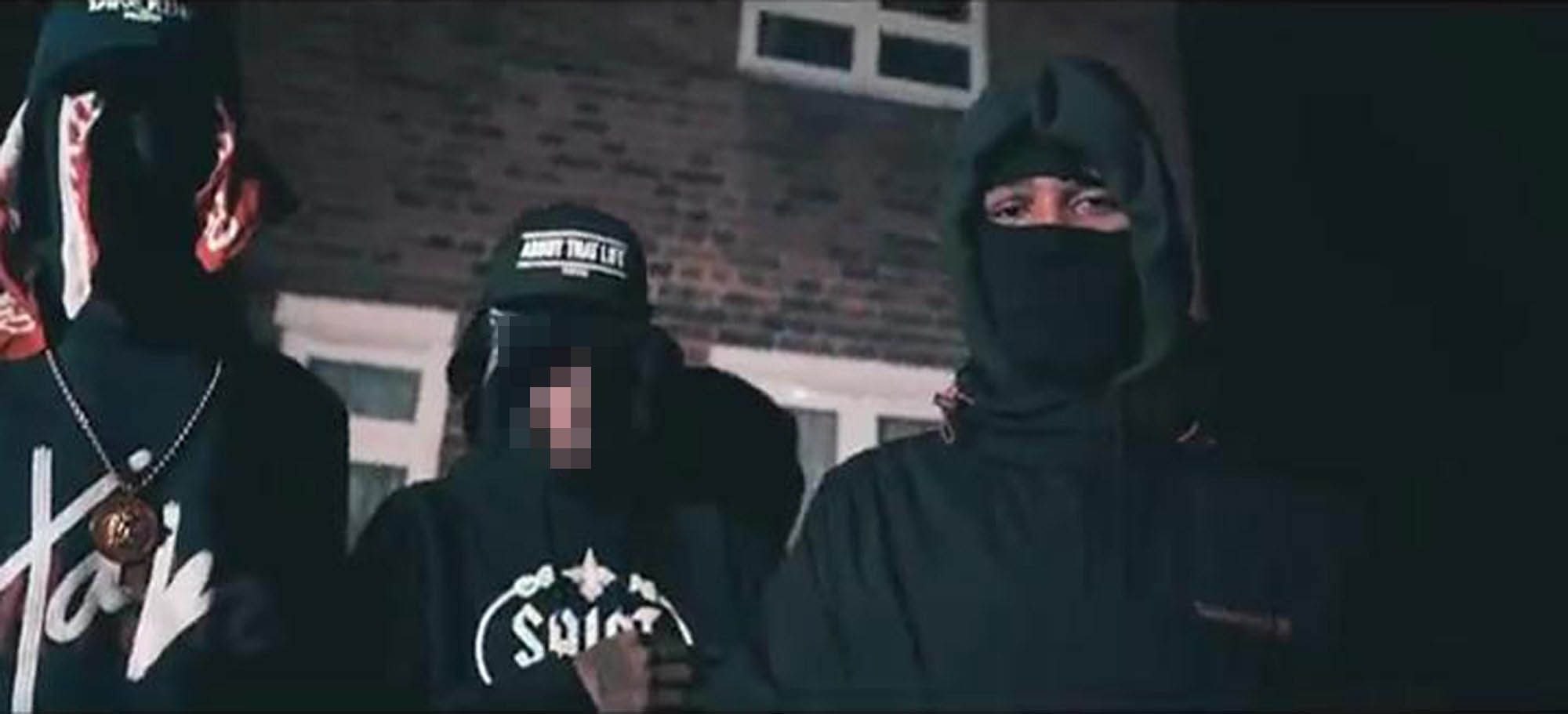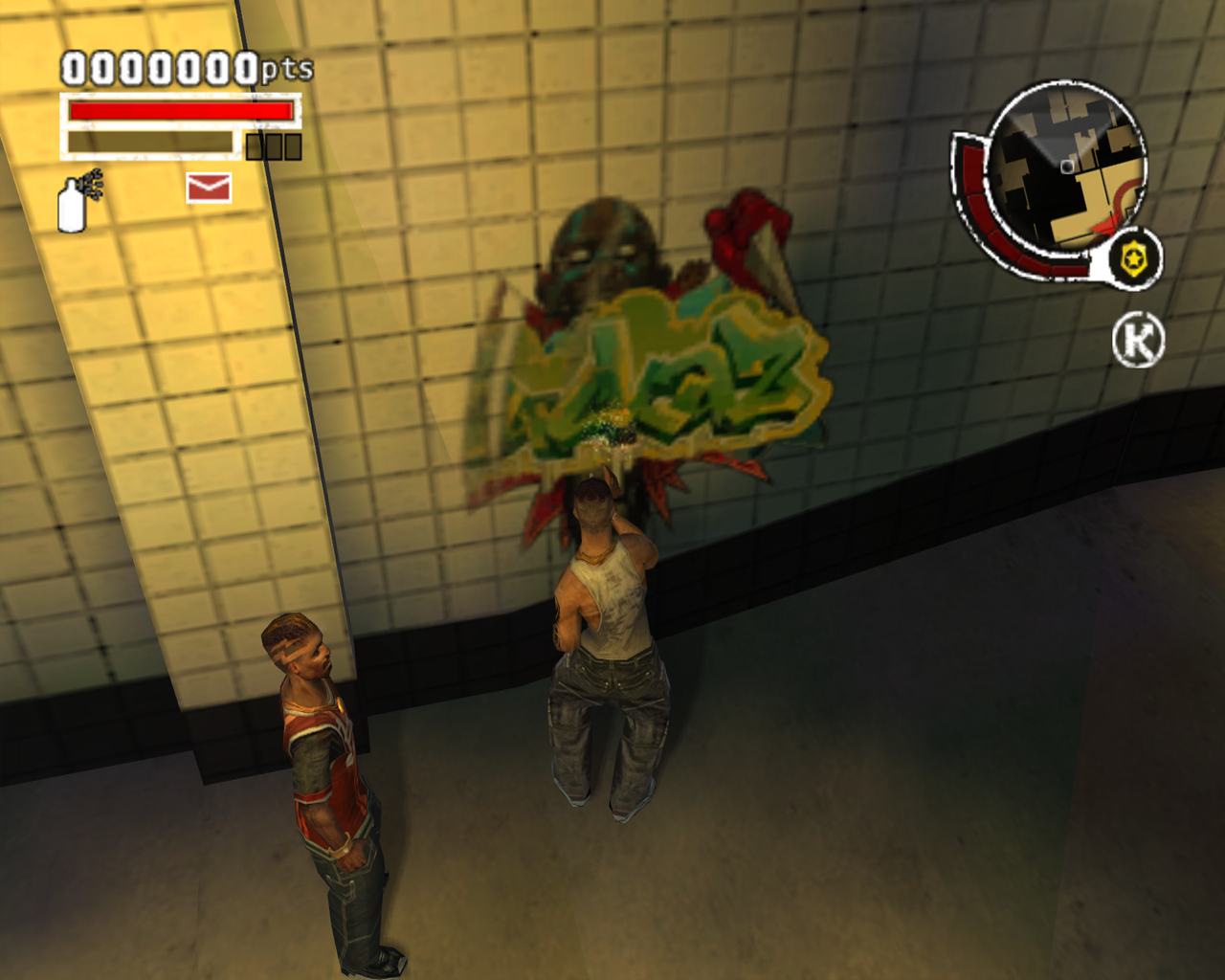

The civil war is a violent past, but the extermination of indigenous people in 1932 is another example of how in El Salvador, violence erupts easily.

Violence has always been present in this country. The deportation of gang members back to El Salvador coincided with a very complicated social environment in the country, in which family life had been broken, financially and culturally.

These circumstances make it hard to pay attention to the gang problem. The national police force was barely forming (it was born in 1992 with the peace agreements, and formed by ex-military and ex-guerrilla). Not only was there no clarity about to what to do with these people - there was no infrastructure. When they got back to El Salvador, the civil war was over. Deportations brought airplanes full of gang members who had committed crimes and murders in the U.S. In the '90s, as the gang phenomenon in Los Angeles got more complicated, the U.S. How did those LA gangs take root in El Salvador? There was originally a phrase that many of these gangs used, "Vivo por mi madre, muero por mi barrio" ("I live for my mother, I die for my neighborhood.") It's a promise to defend the community from abuses. And in Los Angeles, these Latino groups, like African-American groups, lived a difficult, marginalized life.Ībove all, these gangs originated as self-defense groups, defending the Latino community, and the neighborhood, from other neighborhoods coming in to steal or inflict damage.

Entire families, young people, and both army and guerrilla deserters. Who was leaving El Salvador during the civil war?Įveryone. Salvadorans became a presence in Los Angeles in the period between 19, which was the Salvadoran civil war. Among the Latino population, there were two notable groups: Mexicans and Salvadorans. The city was divided into the Chinese neighborhood, the black neighborhood and then the Latinos. In the U.S., in Latino neighborhoods, especially in Los Angeles. He works in an area controlled by the MS-13 gang. Gerardo Mendez is the head of The Pasionista order in San Salvador.


 0 kommentar(er)
0 kommentar(er)
